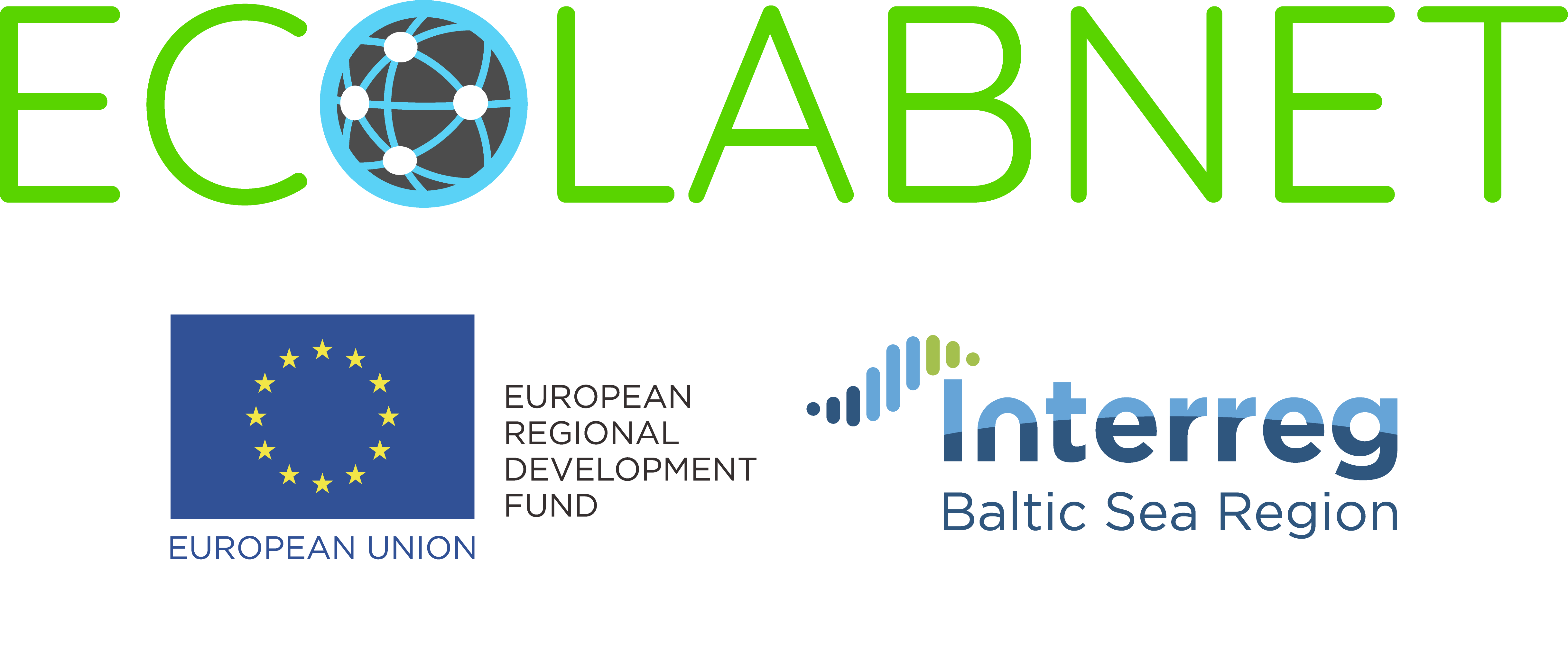Writers: CUT team
The aim of the internal strategy process was to strengthen organisational competences in order to create better access to the facilities and competences related to eco-innovation. The internal strategies aimed at improving cooperation with SMEs and developing eco-innovative initiatives. The RDI partners of ECOLABNET project built their own internal development programs according to the instructions and templates, so called the etalon of the Development Strategy. This etalon was analyzed and modified by other project partners.
Internal development
The competence gaps and the needs of manufacturing SMEs were used as a starting point for internal development. In addition, the service design process carried out in ECOLABNET project and the service journeys created for ECOLABNET, gave new directions for developing RDI organisations.
According to the instructions and templates of the CUT, the partners established an internal development team responsible for developing their service system and competences. The development team established and internal development strategy including strategic objectives, at least 3 development activities and an action plan. The teams reported the implementation of their development program to CUT which comprised a general report of the activities.
Common framework
The autonomous internal development strategies developed by project partners was analysed and comprised into the common framework for internal development strategy for RDI actors supporting eco-innovation in manufacturing SMEs.
- Defining general areas of cooperation with SMEs, RDI and intermediary organizations to support SMEs through eco-innovative services;
- Developing competences in multidisciplinary and international cooperation in order to support the needs and priorities of the European SME sector;
- Developing a joint portfolio of eco-innovative services for SMEs, taking the current and planned research and development opportunities into account;
- Developing tools to support companies in communicating about eco-innovations.
In addition, a common framework of specific objectives was also identified. The specific objectives were categorised into:
- research and scientific development of project partners’ staff,
- strengthening the potential of research infrastructure,
- searching for new sources of funding for research and development in the field of new eco-innovative services
- increasing productivity and promotion of new products,
- developing communication channels that increase availability of services, and promotion and acceleration of cooperation.
- branding, promoting the development and availability of the business ecosystem and RDI infrastructure of the partner network.
Use in development strategies
The framework contributes competence development in the individual project partners, but also the entire Ecolabnet network, with a clearly noticeable synergy effect. This will increase in the impact of the Ecolabnet network on developing and promoting eco-innovation in small and medium-sized enterprises. The results can be used, not only in the project partner countries, not only in the BSR countries, but also in other European countries.
The tangible value of this work is also the preparation of this report on the implementation internal development strategies. The analysis of the internal strategies of the project partners proves that its development depends mainly on the attitude of a given entity including staff involvement, risk acceptance, reactions to the actions of external entities. It also depends on the mutual relations with the environment, e.g. in the partner network. The relationships may affect the implementation of strategies, which includes subsequent stages of individual – coherent but at the same time separate – strategies of internal development.
